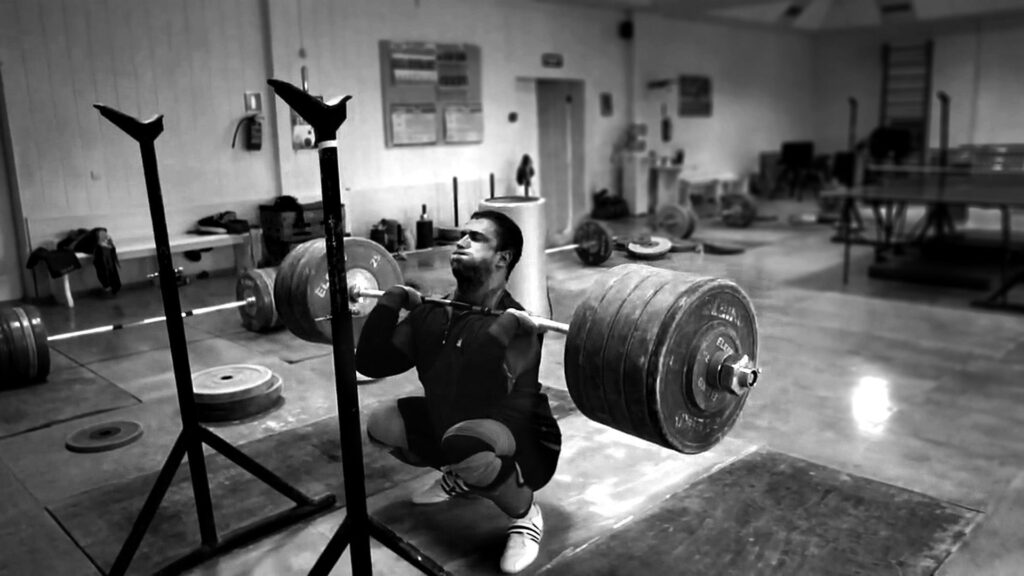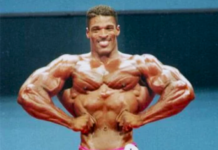On rare occasions, an essay comes along that translates into words that feeling of primal, perpetual competition, flesh vs. metal, that is weight training. In 1994, it was “Iron and the Soul” by punk Renaissance man Henry Rollins, published in Details magazine and reposted here.

A quarter-century later, a similar paean to the Iron, “The Zen of Weight Lifting,” recently appeared in the New York Times. It’s by Brad Stulberg, author of The Passion Pardox and Peak Performance, and it expounds on the soul-nourishing effects of moving heavy metal again and again, workout after workout. Here’s an excerpt from Stulberg’s essay:
In the weight room, however, it’s just you and the bar. You either make the lift or you don’t. If you make it, great. If not, you train more, and try again. Some days it goes well, other days it doesn’t. But over time, it becomes clear that what you get out of yourself is proportionate to the effort you put in. It’s as simple and as hard as that. A kind of straightforwardness and self-reliance that gives rise to an immense satisfaction, a satiating feeling that makes it easier to fall asleep at night because you know you did something real, something concrete, in the world.
And another:
Whether you like it or not, there will be plateaus, which in my experience tend to occur right before a breakthrough. Weight lifting teaches you to embrace them, or at the very least accept them. This is an important outcome, with consequences extending far beyond the gym. “In the land of the quick fix it may seem radical,” writes George Leonard, a pioneer of the human potential movement in the 1960s, “but to learn anything significant, to make any lasting change in yourself, you must be willing to spend most of your time on the plateau, to keep practicing even when it seems you are getting nowhere.”
For most, the plateau is a form of purgatory. But to advance beyond the low-hanging fruit in any meaningful discipline—from weight lifting, to writing, to meditation, to marriage—you must get comfortable spending time there. Weight lifting shoves this reality in your face since progress, or in this case, lack thereof, is so objective. Yes, you can make tweaks, some of which will prove beneficial. But none of that matters if you don’t keep showing up and pounding the stone.
We recommend you read Brad Stulberg’s entire excellent essay. It’s here.
See also: Bodybuilding and a Balanced Life and How Exercise Boosts Mental Health
















































